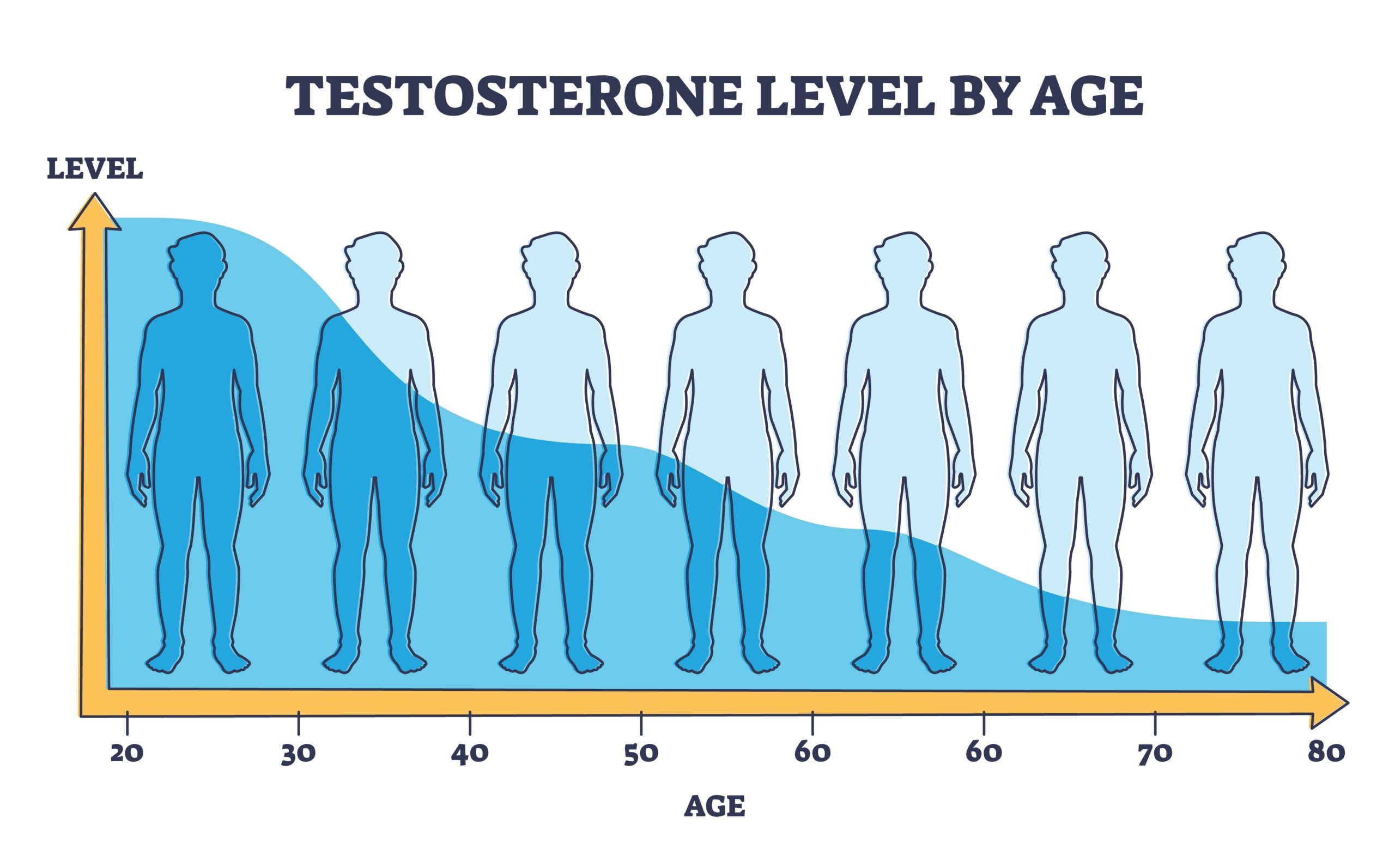I’m just watching this programme and am surprised to see that there is no mention of non celiac gluten sensitivity. This is actually now recognised by the NHS and is known to cause issues for some people who do react to gluten but its not an immune reaction like you get when you are celiac. Its a shame as its misleading to the general public. There is a plethora of science and evidence that shows this is a very real and distressing problem for some people. It’s ok to say some people – who aren’t celiac – needlessly avoid gluten but to say that unless you’re celiac its not an issue for anyone is irresponsibly misleading.

Non-Celiac Gluten Sensitivity NCGS: What Doctors Won’t Tell You
Non-celiac gluten sensitivity affects many more people than celiac disease, yet doctors don’t deal very well with proper diagnosis and treatment. Only 0.7-1% of people




2 responses
Hi,
That would be because the science does not back up the existence of NCGS, in fact FODMOPS are looking more and more likely they culprit, not gluten.
http://www.ncbi.nlm.nih.gov/pubmed/24026574 and http://www.gastrojournal.org/article/S0016-5085(13)00702-6/fulltext
with a properly controlled people with self-reported NCGS responded in the same manner to GF and none GF diets. I was exceptionally happy with the GI specialist they used, he was very firm in differentiation supposed gluten intolerance from clinically relevant coeliac.
I blame the gluten free marketing machine.
Dear Heva?
Thank you for your answer. The conmplexities of gluten and or fodmap and other reasons a person reacts to a food are vast and very complicated and the underlying driver also needs to be considered. I agree that in some cases it is a FODMAP issue but the work of Tom O’Bryan around gluten and Aleso Fassano re Intestinal permeability show some of these complexities…. have you come across their work before?